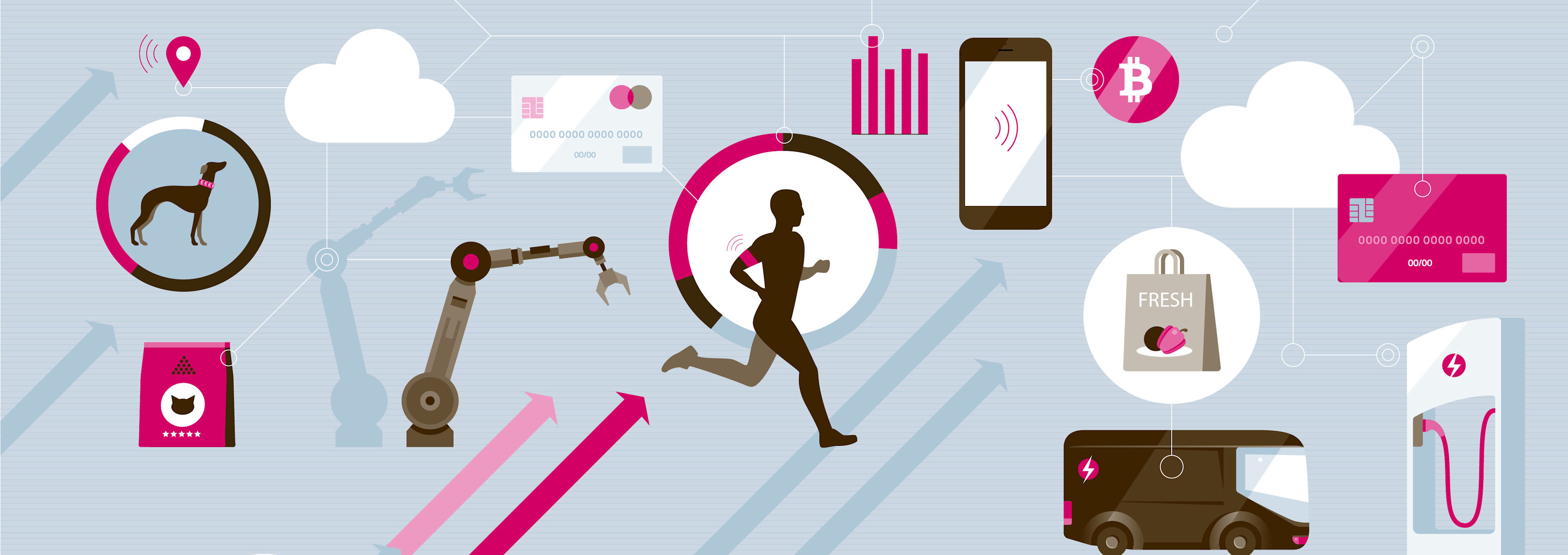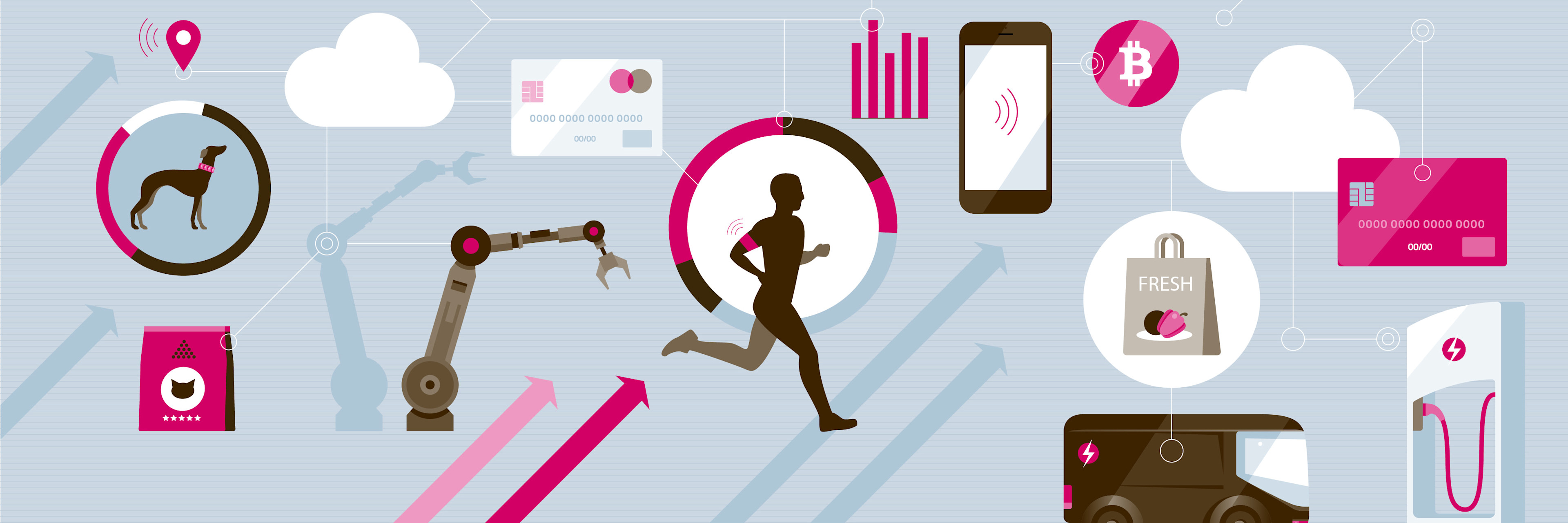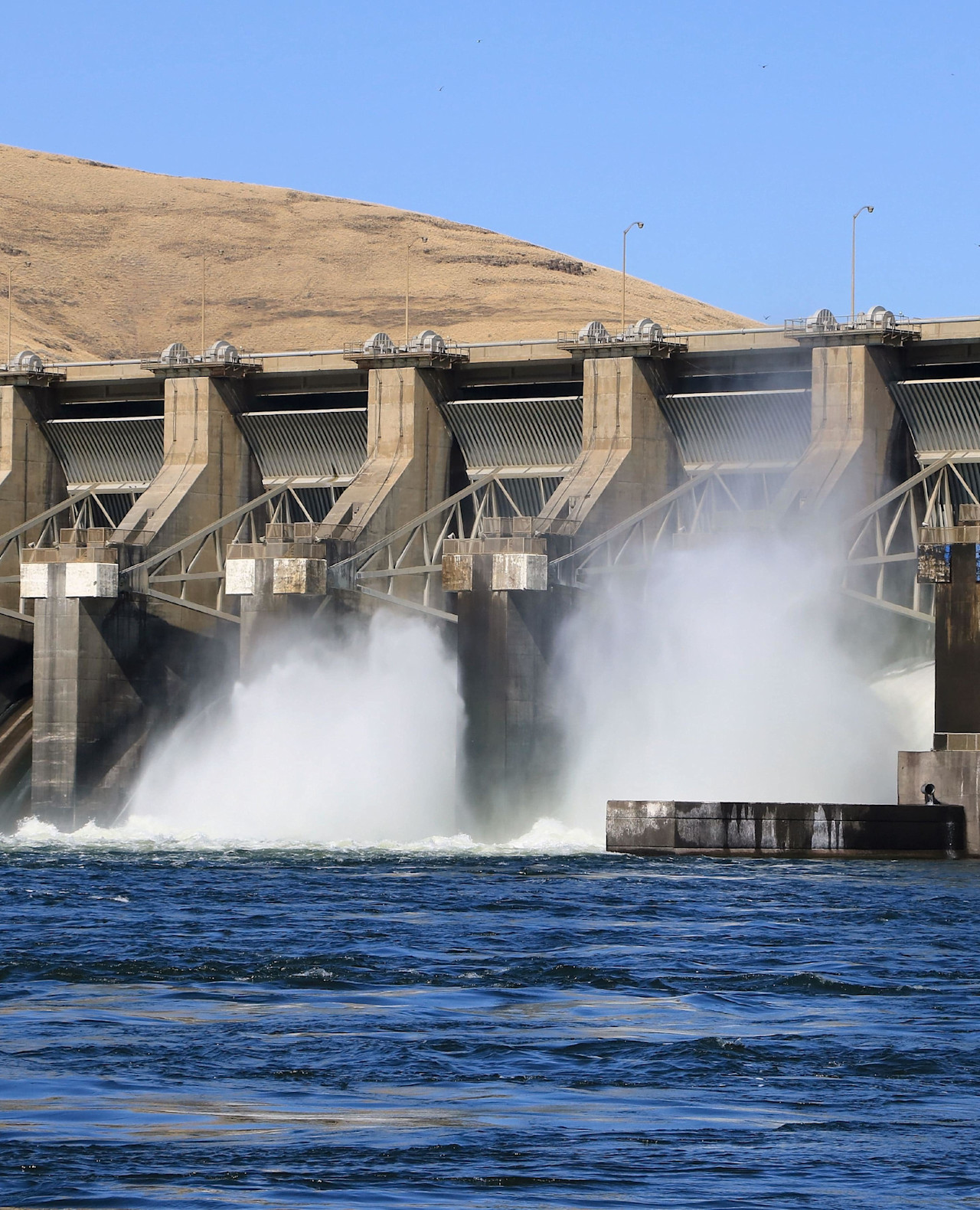

Chipping away at water supplies
Climate change and an intensifying appetite for silicon wafers and chips put water supplies and global supply chains at risk.
まとめ
- Semiconductor manufacturing is a water-intensive process
- Climate change means many chipmakers face water shortages
- Big tech investment in water recycling will provide powerful flows to water industry
212,000,000 liters – that’s how much water TSMC1, one of the world’s leading chipmakers, consumes per day, according to its 2020 Corporate Social Responsibility Report. That would be enough to satisfy the daily water needs of nearly 1.5 million Europeans. Yet it is the amount of water necessary to produce microchips the size of a human fingernail that are embedded in devices all around us.
Making the tiny chips that power billions of electronic devices we use every day is a water-intensive process. The estimated water footprint of a single microchip in a smartphone or laptop can go as high as 30 liters. That figure runs even higher for silicon wafers that contain hundreds of multi-layered microchips. With each additional wafer layer, circuits and conductive material must be chemically etched and meticulously cleaned – processes that require vast amounts of ultra-purified water.
As high as that figure may be now, it will almost certainly move higher, not just for TSMC but for the entire semiconductor industry as the digital economy expands across economic sectors and geographic regions. Figure 1 shows how the volume of water used to manufacture each layer of a 200 mm semiconductor wafer has risen precipitously in the past few years as chips have grown denser and more sophisticated.
Figure 1 : Water and wafers – an upward journey

Source: TSMC, Bloomberg Opinion
As global chip production ramps up, water supplies are drawing down to alarmingly low levels
Why does it matter?
As global chip production ramps up, water supplies are drawing down to alarmingly low levels. Taiwan, TSMC’s headquarters and a major semiconductor hub for the world, has been struggling with periodic droughts. The most recent was so bad that earlier in 2021, the government cut water supplies to TSMC and other major tech firms by 15% and said it would stiffen restrictions further if shortages persisted.
To maintain chip production, TSMC chartered trucks to bring in fresh water from other parts of the country. Thanks to these stop-gap extremes, the company was able to, at least temporarily, avert production issues. However, that may change, as global warming continues to upset global weather systems, making droughts more frequent, more prolonged, and more geographically extensive.
Taiwan is not alone in its water worries. Water stress and scarcity are growing increasingly into a global water crisis. Half a billion people live in a state of constant water scarcity and half the world’s population (3.9 billion) experience water scarcity at some point in the year. Population growth, worldwide industrialization, energy production and climate change are all stressing water supplies. The UN estimates that by 2030, global demand for water will exceed supply by 40%.
Nor is TSMC an isolated case among semiconductor producers. Technology hubs are oftentimes located in dry, arid regions, with companies being attracted by the low humidity, cooler temperatures, cheap land and generous subsidies. Popular states for chip factories (or “fabs”) and data centers in the US include Texas, New Mexico, Arizona, California and Oregon. Elsewhere, the distribution of chip fabs and tech hubs show a similar pattern with locations in Israel, Northern China, Singapore – all areas prone to water-stress.
What does this mean for investors?
To ensure uninterrupted water supplies for operations, many deep-pocketed chipmakers such as TSMC and its North American-based rival Intel2 are building their own water treatment plants. These mini-utilities will capture, clean and recycle industrial effluent for re-use in production and cooling processes. TSMC will open a state-of-the-art water treatment plant in the southwestern city of Tainan by the end of 2021 and Intel has invested significantly in on-site water treatment facilities for its fabs in Oregon, Arizona and Israel.
All of this entails investments in pipes, valves and heavy infrastructure, water filtration and cleaning technologies, as well as advanced analytical systems for testing, detecting, and monitoring micropollutants and water quality. Moreover, a surging interest in water investments is not exclusive to semiconductor manufacturers. From metals to mining, textiles to timber, agriculture to automobiles, corporate valuations of water-related assets are changing. Water’s status as a precious resource and critical production factor is finally being recognized. Without water, there would be no industrial output and no economic growth.
For more than two decades, Robeco’s water strategy has been investing in attractive companies providing effective solutions across the water value chain. Our accumulated knowledge and expertise will help investors navigate the road ahead as climate change intensifies the need for investments that help companies, cities and communities use water more efficiently.
Footnotes
1This is not a buy, sell or hold recommendation for any particular security.
2This is not a buy, sell or hold recommendation for any particular security.

Stunning statistics
Every month we look at stunning statistics related to trends and thematic investing. What do they mean? What is the impact for investors?
重要事項
当資料は情報提供を目的として、Robeco Institutional Asset Management B.V.が作成した英文資料、もしくはその英文資料をロベコ・ジャパン株式会社が翻訳したものです。資料中の個別の金融商品の売買の勧誘や推奨等を目的とするものではありません。記載された情報は十分信頼できるものであると考えておりますが、その正確性、完全性を保証するものではありません。意見や見通しはあくまで作成日における弊社の判断に基づくものであり、今後予告なしに変更されることがあります。運用状況、市場動向、意見等は、過去の一時点あるいは過去の一定期間についてのものであり、過去の実績は将来の運用成果を保証または示唆するものではありません。また、記載された投資方針・戦略等は全ての投資家の皆様に適合するとは限りません。当資料は法律、税務、会計面での助言の提供を意図するものではありません。 ご契約に際しては、必要に応じ専門家にご相談の上、最終的なご判断はお客様ご自身でなさるようお願い致します。 運用を行う資産の評価額は、組入有価証券等の価格、金融市場の相場や金利等の変動、及び組入有価証券の発行体の財務状況による信用力等の影響を受けて変動します。また、外貨建資産に投資する場合は為替変動の影響も受けます。運用によって生じた損益は、全て投資家の皆様に帰属します。したがって投資元本や一定の運用成果が保証されているものではなく、投資元本を上回る損失を被ることがあります。弊社が行う金融商品取引業に係る手数料または報酬は、締結される契約の種類や契約資産額により異なるため、当資料において記載せず別途ご提示させて頂く場合があります。具体的な手数料または報酬の金額・計算方法につきましては弊社担当者へお問合せください。 当資料及び記載されている情報、商品に関する権利は弊社に帰属します。したがって、弊社の書面による同意なくしてその全部もしくは一部を複製またはその他の方法で配布することはご遠慮ください。 商号等: ロベコ・ジャパン株式会社 金融商品取引業者 関東財務局長(金商)第2780号 加入協会: 一般社団法人 日本投資顧問業協会




















